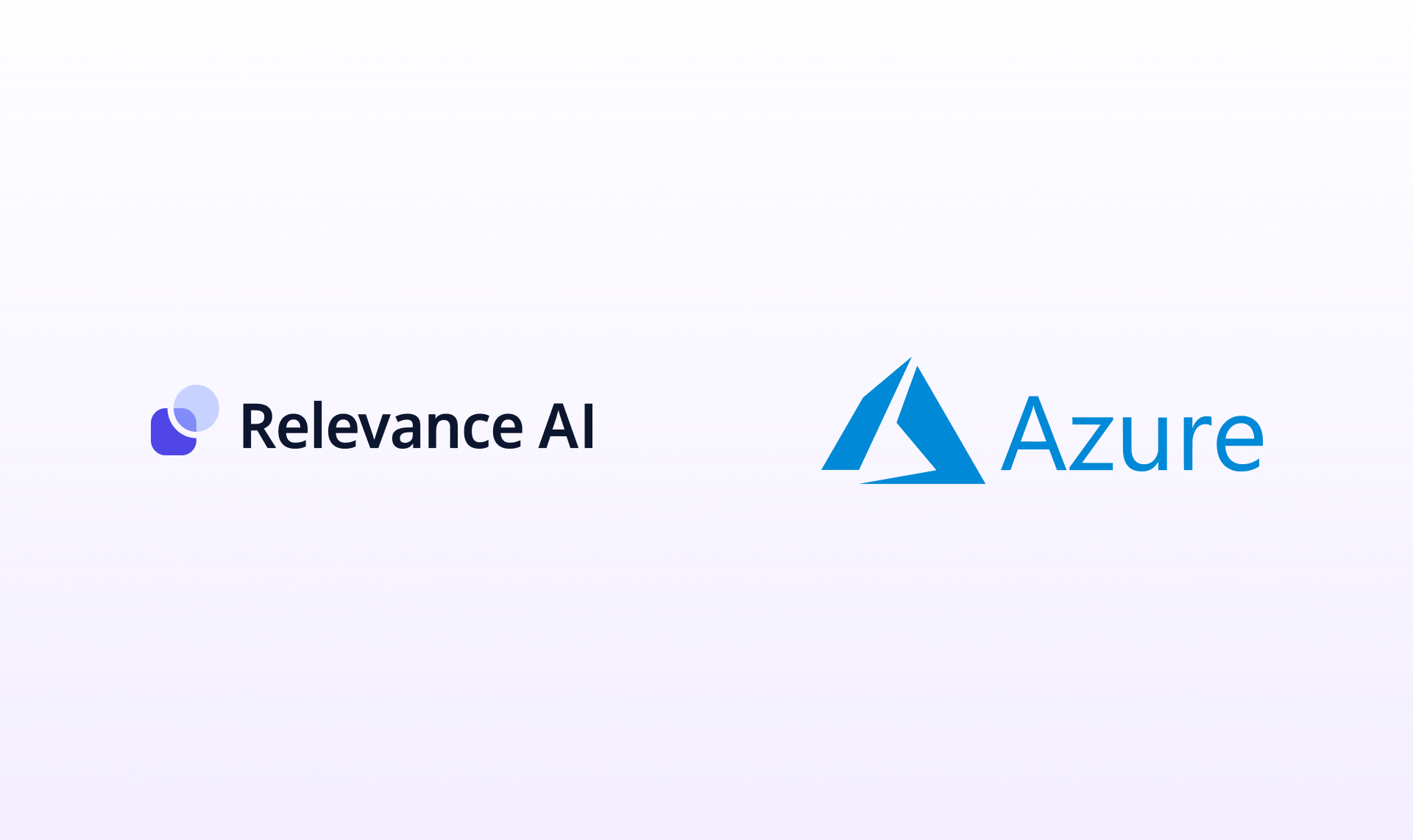
AI Teams in Operations: Revolutionizing Business and Supply Chain Management
Artificial Intelligence (AI) has become a transformative force in various sectors, including healthcare, operations management, retail, defense, banking, and human resource management. But, did you know that only 38% of executives report high expertise in integrating AI into their business processes? This highlights the need for business leaders who understand their organization's needs and can guide AI integration effectively.
The Transformative Power of AI in Various Sectors
AI has significantly impacted operations and supply chain management. AI-powered supply chain analytics have proven beneficial during pandemic crises, facilitating rapid response to internal or external changes. But, how exactly does AI achieve this?
The Current State of AI Integration in Business Processes
AI agents, autonomous computer programs that perceive their environment and make decisions to achieve specific goals, have been instrumental in this transformation. For instance, multi-agent systems in supply chain management can separate different tasks, explore them independently, and analyze them as a whole. This allows a focus on crucial aspects like demand and production.
AI's Significant Impact on Operations and Supply Chain Management
AI has also revolutionized the marketing sector. It can perform tactical data analysis faster than humans and use machine learning to make quick decisions based on campaign and customer context. This not only speeds up marketing campaigns but also cuts expenses and improves efficiency. But, what about customer service?
The Role of AI Agents in Supply Chain Management
AI can also enhance customer service, increasing customer engagement and creating upsell opportunities while reducing cost-to-serve.
AI's Revolutionary Role in Marketing
The future of AI looks promising. AI can create new technologies, industries, and environments, and aid in predicting future problems. It simulates human intelligence processes by machines, including learning, reasoning, and self-correction. AI is expected to result in a higher return on investment in the coming years. But, what does this mean for the workforce?
How AI Enhances Customer Service and Marketing Efficiency
The concept of an AI workforce is gaining traction. By 2025, every leading company is expected to have hired at least one AI employee, and by 2030, 45% of the workforce will be AI. AI teams in operations can offload repetitive and time-consuming tasks to AI agents and focus on more unique and important work. This shift will be powered by the best agents, which in turn will be powered by the best tools, built by the user for the user.
Future Implications and Outlook of AI
AI agents in supply chain management have a significant role to play. They can facilitate task management, allowing human teams to focus on strategic decision-making. But, how can you leverage this in your business?
Predicting Future Problems with AI
By signing up to Relevance AI, for free, you can hire your own AI Agent. They can get to value in less than a few minutes. With AI, you can optimize your business operations, enhance supply chain management, and stay ahead of the curve. Don't miss out on this opportunity to revolutionize your business with AI.









